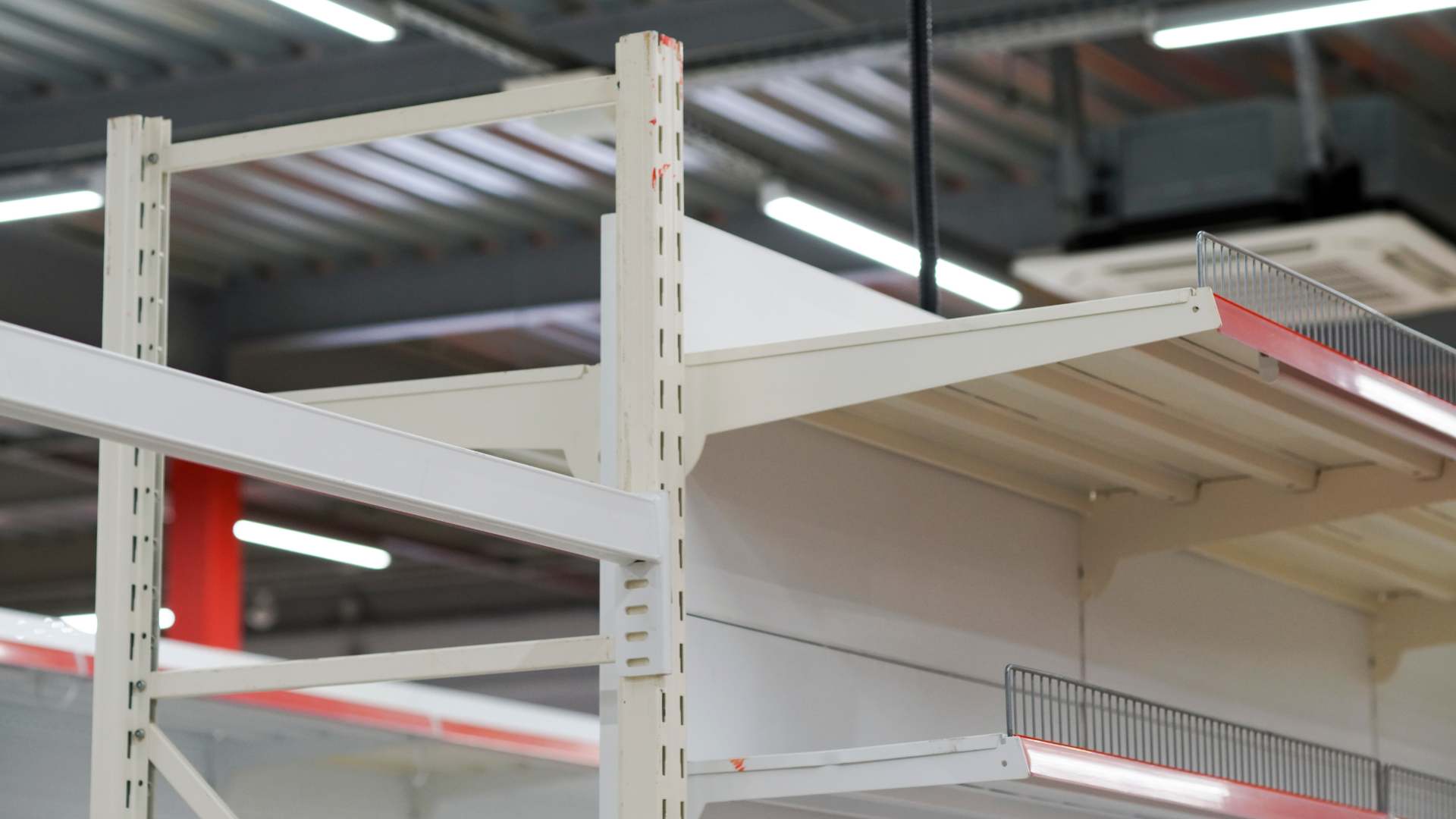Warehouse equipment is very important for companies or businesses. The equipment they need includes forklifts, pallets, racking, shelving, conveyors, lifts, ramps, docks, conveyors, racking, ladders, dock equipment, mezzanines, and mezzanine facilities. While it may be tempting to ignore your warehouse equipment, that would be a mistake. In fact, neglecting it can lead to structural damage, which can have costly consequences.
Here are Tips to Maintain Your Storage Equipment:
Setting Up Warehouse Safety Measures
Creating a safety plan for your storage equipment is crucial to ensuring everyone’s well-being. This plan needs to cover various aspects to be effective. First, make sure it outlines the correct methods for using and handling the equipment. Regular safety checks should be part of the routine, and protective gear should always be worn when working with the equipment. Moreover, the plan should provide clear guidelines for spotting and dealing with potential dangers. This encompasses having a solid fire safety strategy in place, which can be crafted with the assistance of professionals offering Port Neches fire protection services or similar services in your vicinity. Also, include precise protocols for reacting to any emergency situations that might arise.
Make Sure to Avoid Extreme Temperatures When Storing Your Warehouse Equipment.
Avoid extreme temperatures when storing your warehouse equipment in a clean, dry, cool, well-ventilated area. Avoid storing them in direct sunlight, wet, humid, or damp areas. Always store your warehouse equipment in its original containers. Store it off the ground using pallet racking or other appropriate storage equipment. The reason why most people tend to prefer a pallet racking system is because it can not only avoid storing your products in extreme temperatures, but also enhance inventory organization, making it a worthwhile investment. So, if you don’t already have a pallet racking system, you can consider seeking out reputable Warehouse Pallet Racking Suppliers in your area.
Additionally, keep in mind that it’s important to look for signs of water damage around the electrical components and to also check for paint chipping, rust, and other signs of corrosion. These signs may suggest that your warehouse equipment is in such poor condition that it’s not reliable or safe.
Be Sure to Protect All Warehouse Equipment from Moisture.
Warehouses need the maintenance of their equipment. It should be regularly inspected, and when problems do occur, they should be repaired or replaced immediately. One must protect the warehouse equipment from moisture. An easy way to protect it from moisture is to store it in a dry area. Another tip is to store it in a warehouse that is climate controlled. Using moisture-resistant material on additional equipment will help prevent moisture from accumulating. Investing in warehouse equipment can provide significant gains, and it is important to maintain them properly.
Keep The Warehouse Equipment Dry When Not in Use.
Warehouses and storage facilities are generally seen as a place where goods are put aside until later use. However, they are also very important for allowing businesses or organizations to store them until their time to use them. They also provide businesses with a way to store their products until they are needed. Warehouses use different types of equipment sourced from Cyrus Industrial Machinery or similar providers to maintain and manage all of the goods inside the warehouse. Warehouse equipment includes refrigerators, freezers, trucks, pallet jacks, forklifts, conveyors, and RF scanners. Store the warehouse equipment in a dry, cool place when not used.
Store Warehouse Equipment in A Dry, Well-Ventilated Area.
Warehouse equipment needs to be maintained to keep its quality and performance. Make sure you follow these guidelines to prevent your equipment from rusting, breaking, or causing a fire (especially when inflammable material is stored inside). Warehouse equipment such as forklifts are not only essential but expensive, so they need to be cared for properly. It is important to store warehouse equipment in a cool place. Storing it in a dry, well-ventilated area. It prevents accidents and further damage. Proper storage prevents warehouse equipment from overheating due to too much heat. Remember that excessive heat can be even more harmful than moisture for warehouse equipment.
Following an inspection, if you notice anything suspicious like a dent, broken blind, or peeling paint, report these areas immediately to your storage vendor. Frequent inspections can help you find repairs, changes, and fixes to make when necessary. When you find faults in your equipment, you can hire professionals that will provide you with expert dent repair, lubrication, tightening and other similar services for upkeep. This will help you ensure longevity for your storage equipment and can help keep them functioning in prime condition.
Also, remember that if your warehouse equipment is dirty, it may impact your operations. Improperly designed maintenance practices can result in costly downtime. So, you must maintain and renew your warehouse equipment. To get the most out of them, it’s important to clean them regularly, replace worn-out parts, and avoid derailing your equipment as much as possible. Well-maintained warehouse equipment helps your business run more efficiently.
The first thing is to repair the damaged equipment as soon as you notice it. Next, replace the equipment with a more efficient model. Finally, ensure that your warehouse equipment does not face wear and tear.
A warehouse’s valuable equipment, including forklifts, pallet jacks, and pallet racking, must be kept in top operating shape through routine maintenance. Because a piece of equipment may break down without a moment’s notice, it’s critical to have a routine that checks the forklift’s hydraulic hoses, battery, and tires frequently. Regular service will also help ensure a forklift remains in top operating condition. It’s crucial to replace worn equipment before it breaks down.



